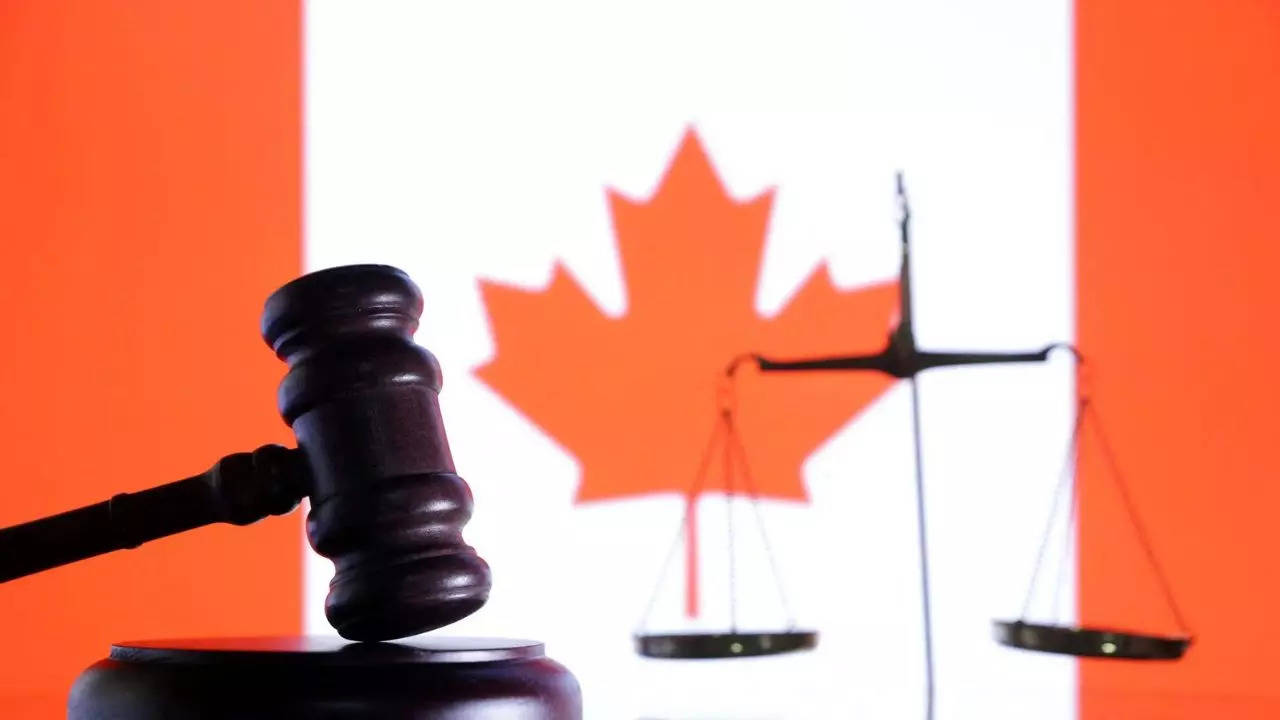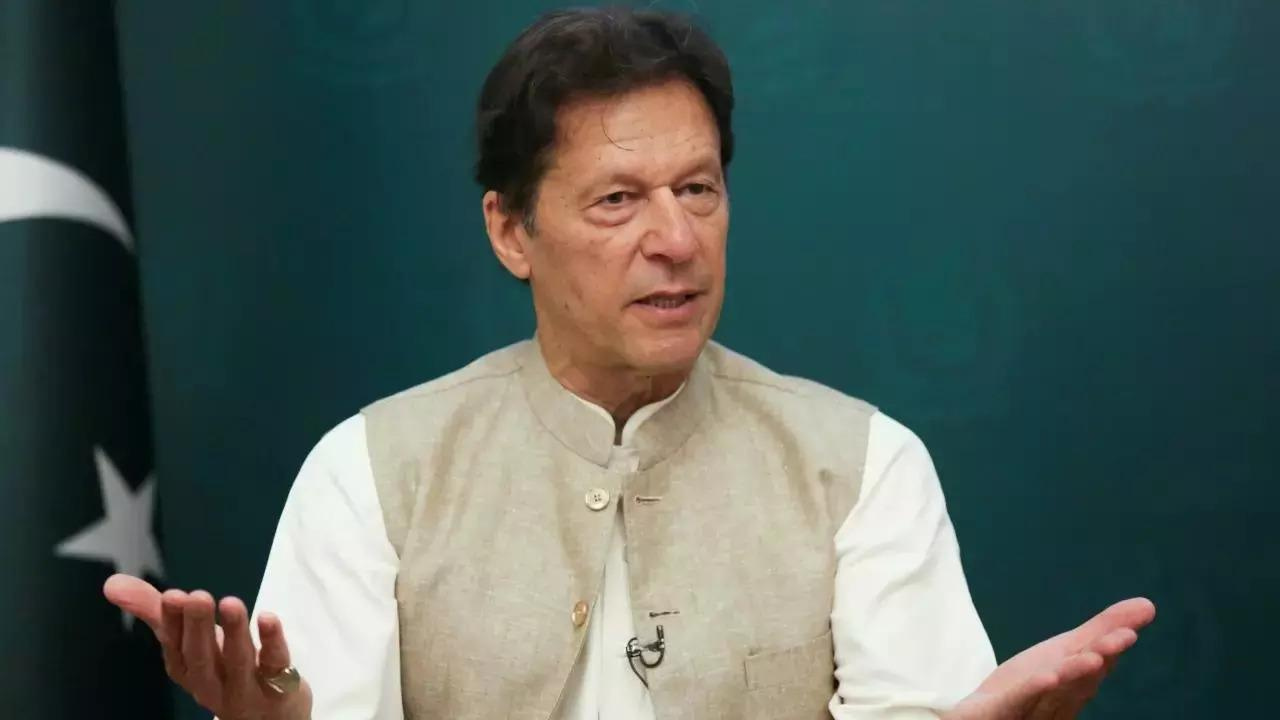Phone-Hacking Case: Prince Harry "Prime Target" Of Press, Says His Lawyer
Prince Harry was a "prime target" for the tabloid press and must have been a victim of phone-hacking, his lawyer told London's High Court on Wednesday as the trial in the British royal's lawsuit against a newspaper publisher nears its end.

Prince Harry was a "prime target" for the tabloid press and must have been a victim of phone-hacking, his lawyer told London's High Court on Wednesday as the trial in the British royal's lawsuit against a newspaper publisher nears its end.
The prince and around 100 others are suing Mirror Group Newspapers (MGN), the publisher of the Daily Mirror, Sunday Mirror and Sunday People, over allegations of phone-hacking and unlawful information gathering between 1991 and 2011.
They claim senior editors and executives at MGN knew about and approved of the wrongdoing. MGN, owned by Reach, is fighting the lawsuit and says there is no evidence for the accusations.
The claimants' lawyer, David Sherborne, told the court on Wednesday that the case against MGN was "inferential", stressing that phone-hacking and other unlawful information gathering was a covert practice.
But, he added, the court could find that Prince Harry was a victim of phone-hacking because of the prevalence of the practice at MGN newspapers and the level of press interest in the prince.
"The newspapers regarded him as a prime target, perhaps one of the most prime targets, in the sense of royal stories drive newspaper sales," Mr Sherborne said.
Plainly Implausible
MGN has previously admitted its titles were involved in unlawful information gathering and has settled more than 600 claims, but says there is no evidence Prince Harry's phone was hacked.
It argues that some of the personal information about Prince Harry in stories cited during the case had come from, or with the consent of, senior Buckingham Palace aides.
MGN's lawyer Andrew Green said in court filings that it was "highly unlikely" MGN would have targeted Prince Harry, particularly after the 2006 arrest of the then-royal editor of Rupert Murdoch's News of the World tabloid and a private investigator for accessing royal aides' voicemails.
However, Mr Sherborne said the idea that MGN would not have "used every opportunity to obtain stories ... is plainly implausible and they had the means to do so".
On Tuesday, Mr Sherborne argued that MGN's failure to call its former employees, such as former Daily Mirror editor Piers Morgan, to give evidence was a fatal blow to its defence.
Mr Morgan has always denied any knowledge of or involvement in wrongdoing and said, after the trial started, that he would not "take lectures on privacy invasion from Prince Harry".
Prince Harry, the Duke of Sussex, became the first senior royal to give evidence in court for 130 years when he appeared this month for a day-and-a-half of questioning in the witness box.
The fifth-in-line to the throne said he believed phone- hacking took place on an industrial scale at MGN's titles.
MGN's lawyer Mr Green argued in court filings that Prince Harry's "undoubtedly fair resentment about his treatment by British and international media for many years" had been channelled into his legal action, which he said was not for compensation but part of his "campaign to 'reform' the British press".
He added that Prince Harry's lawsuit against MGN was "wildly overstated and substantially baseless".
At the start of the trial in May, MGN admitted that on one occasion a private investigator had been engaged to unlawfully gather evidence about Prince Harry.
However, it said he should receive no more than 500 pounds in damages for that incident.
Mr Green is expected to begin making MGN's closing arguments on Wednesday afternoon, with the trial due to conclude on Friday.
(Except for the headline, this story has not been edited by NDTV staff and is published from a syndicated feed.)



































![Safari Thorium Neo 8-Wheel Luggage Set Trolley Bags (Set of 3) at just Rs. 5,599 [MRP 29,100]](https://savefree.in/uploads/images/202409/image_870x580_66f63845060f0.webp?#)












![Handmade Brown Mango Wood Chopping Board At just Rs. 89 [MRP 599]](http://savefree.in/uploads/images/202303/image_870x580_641bf7e9c2206.jpg?#)


